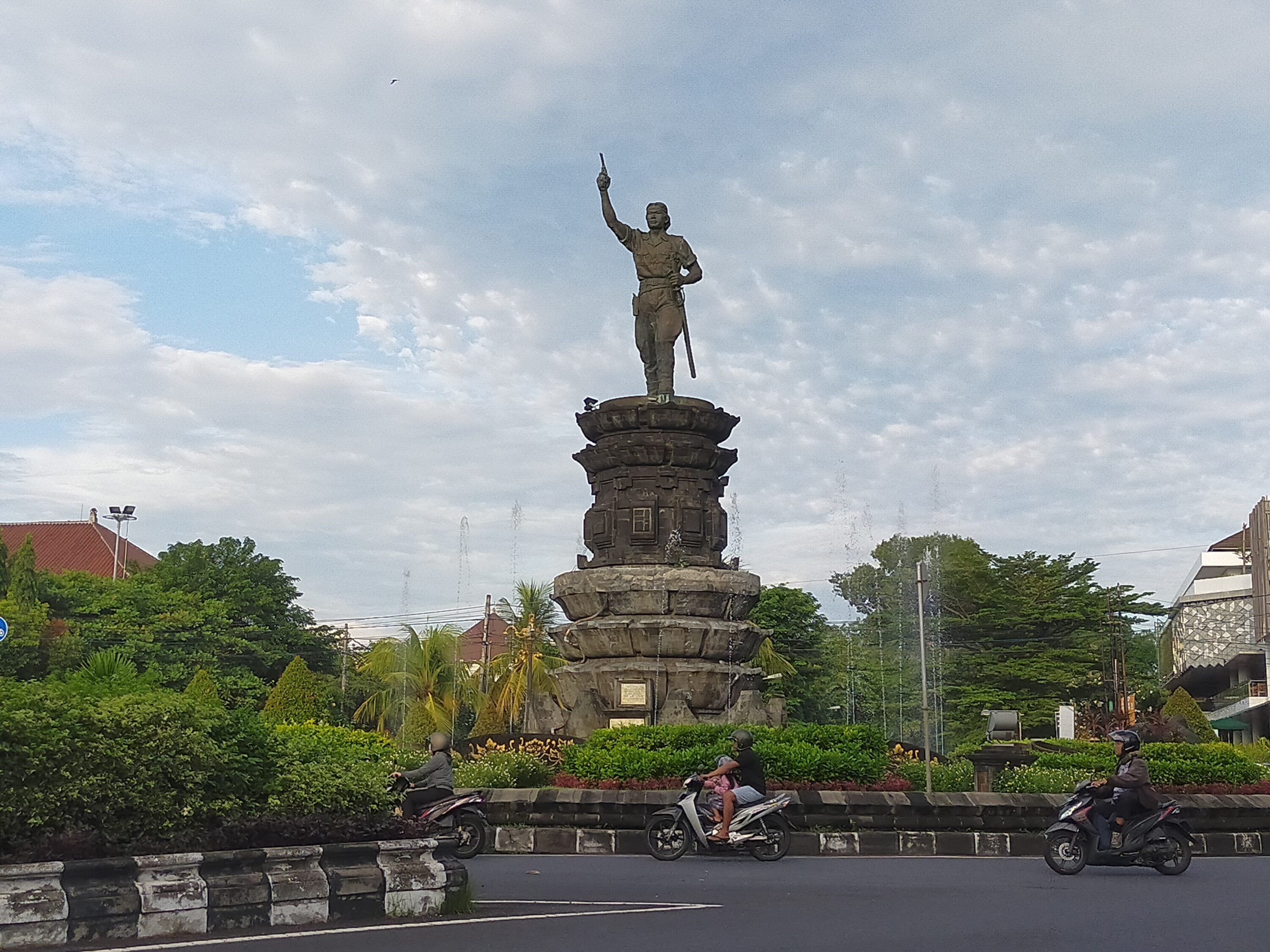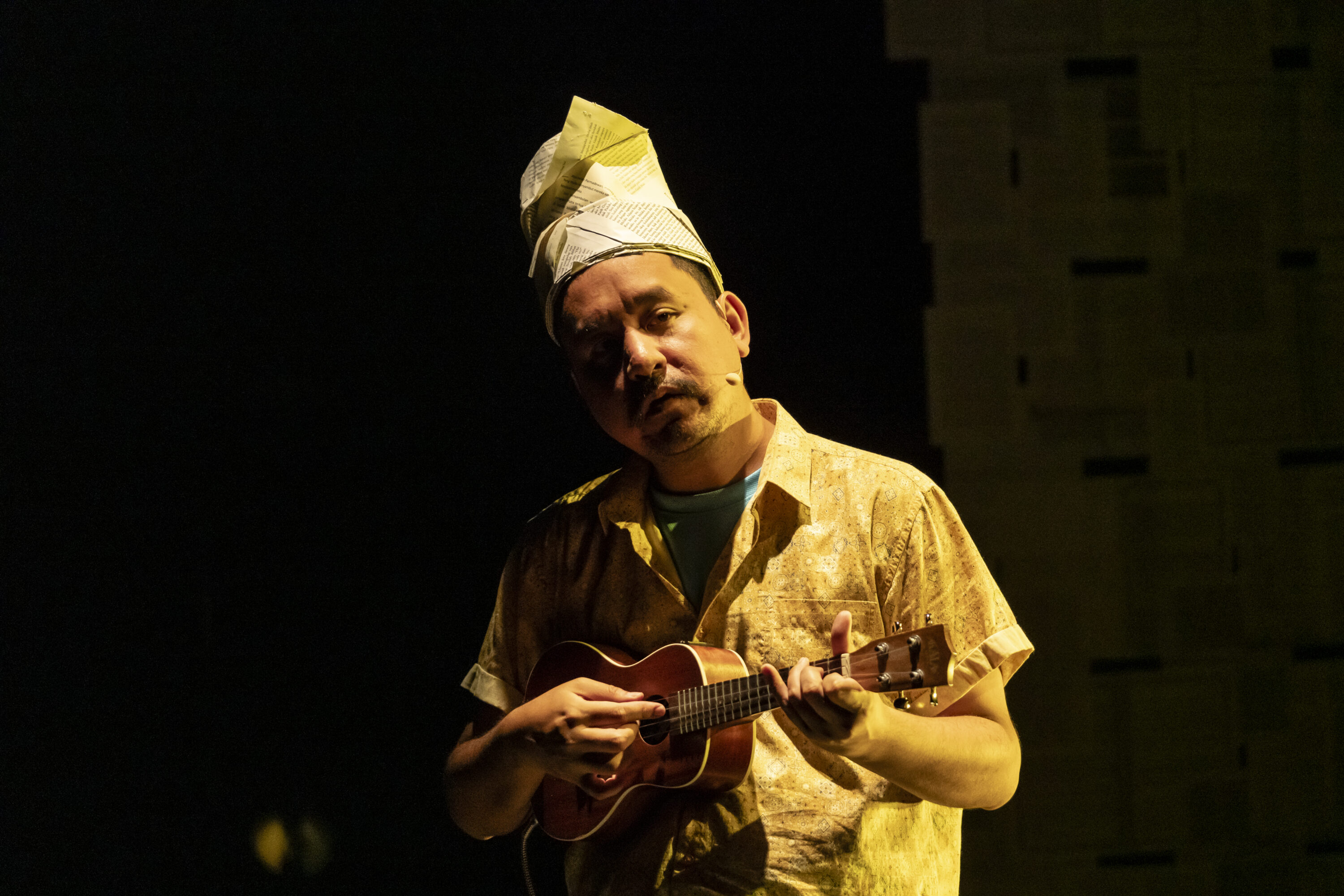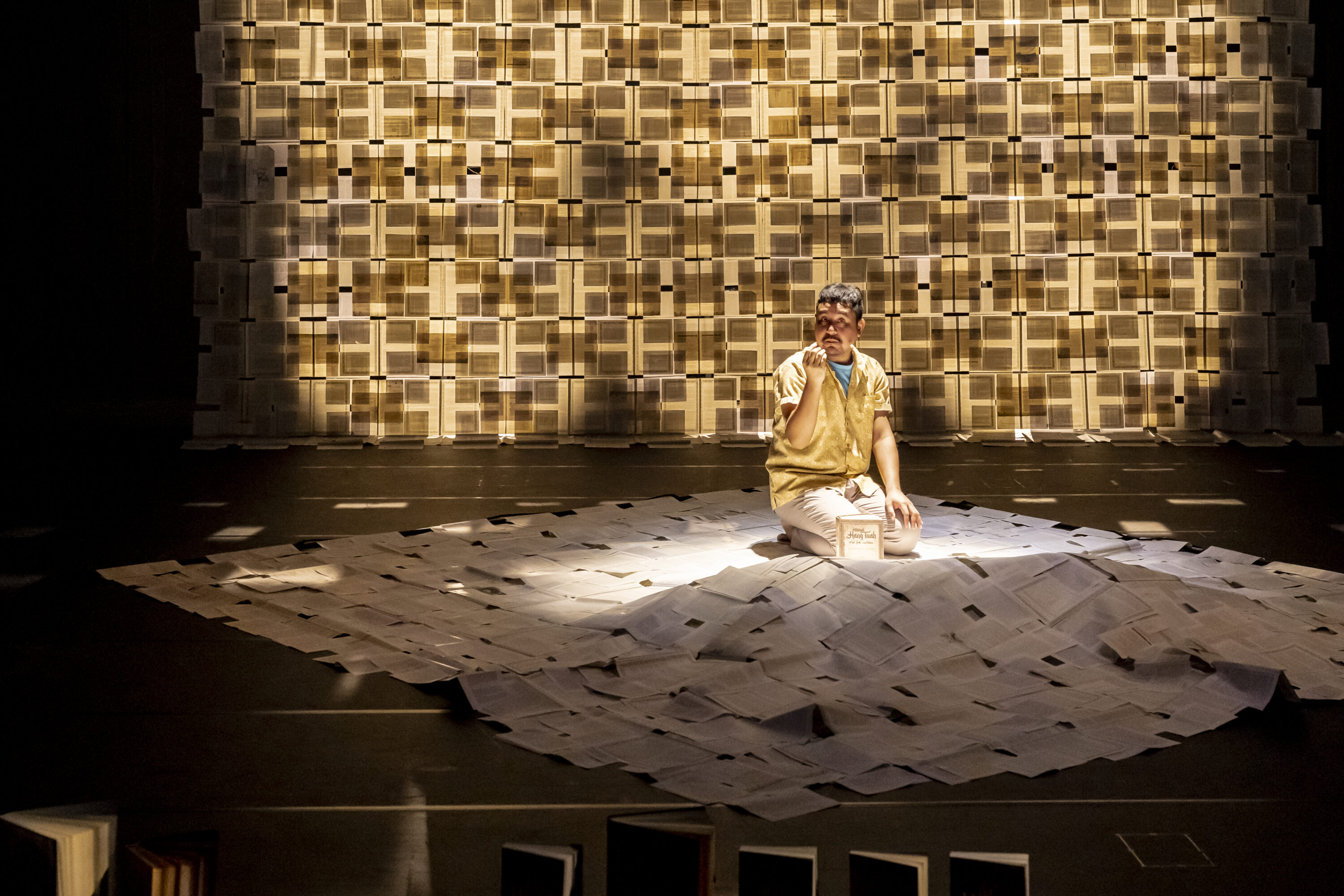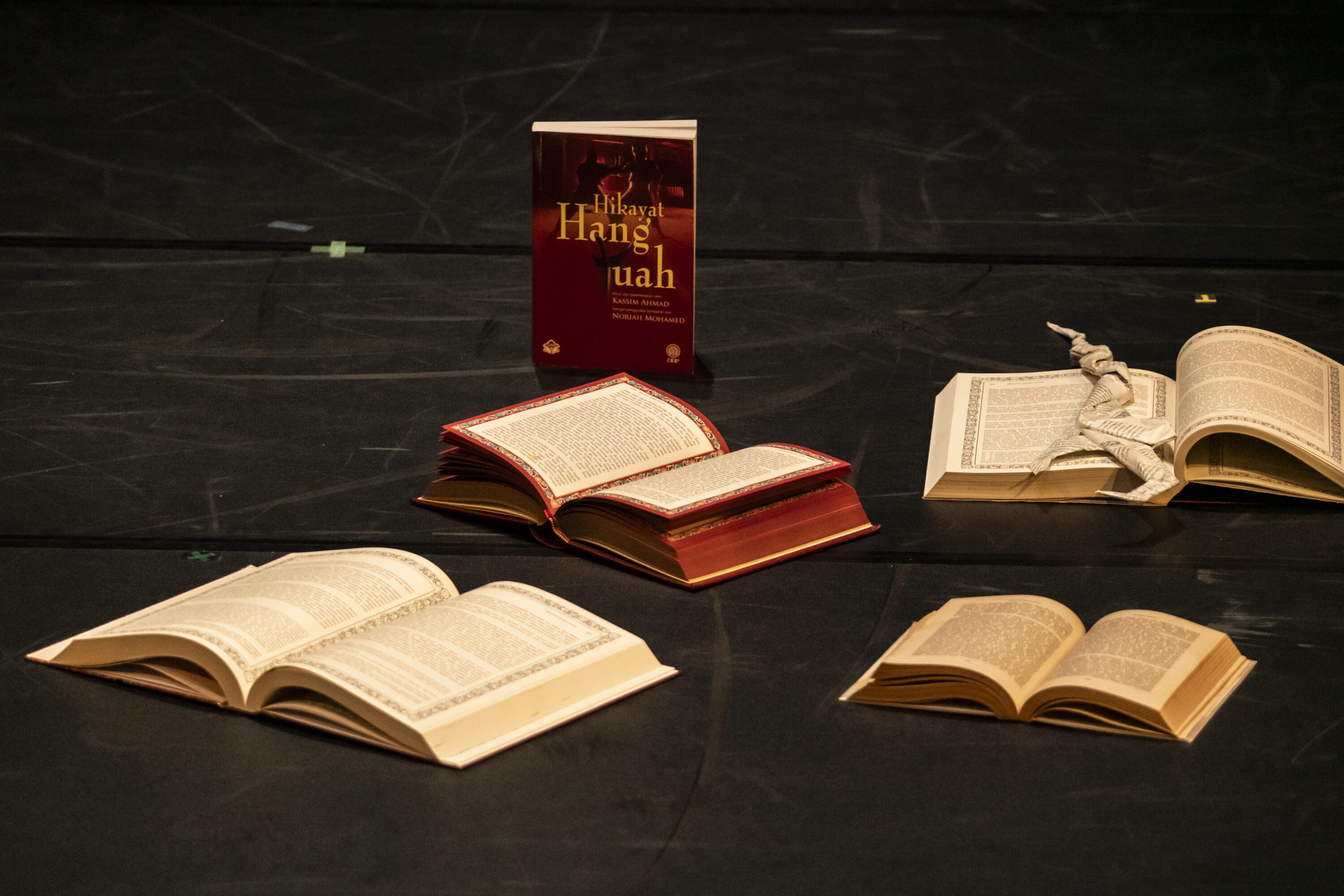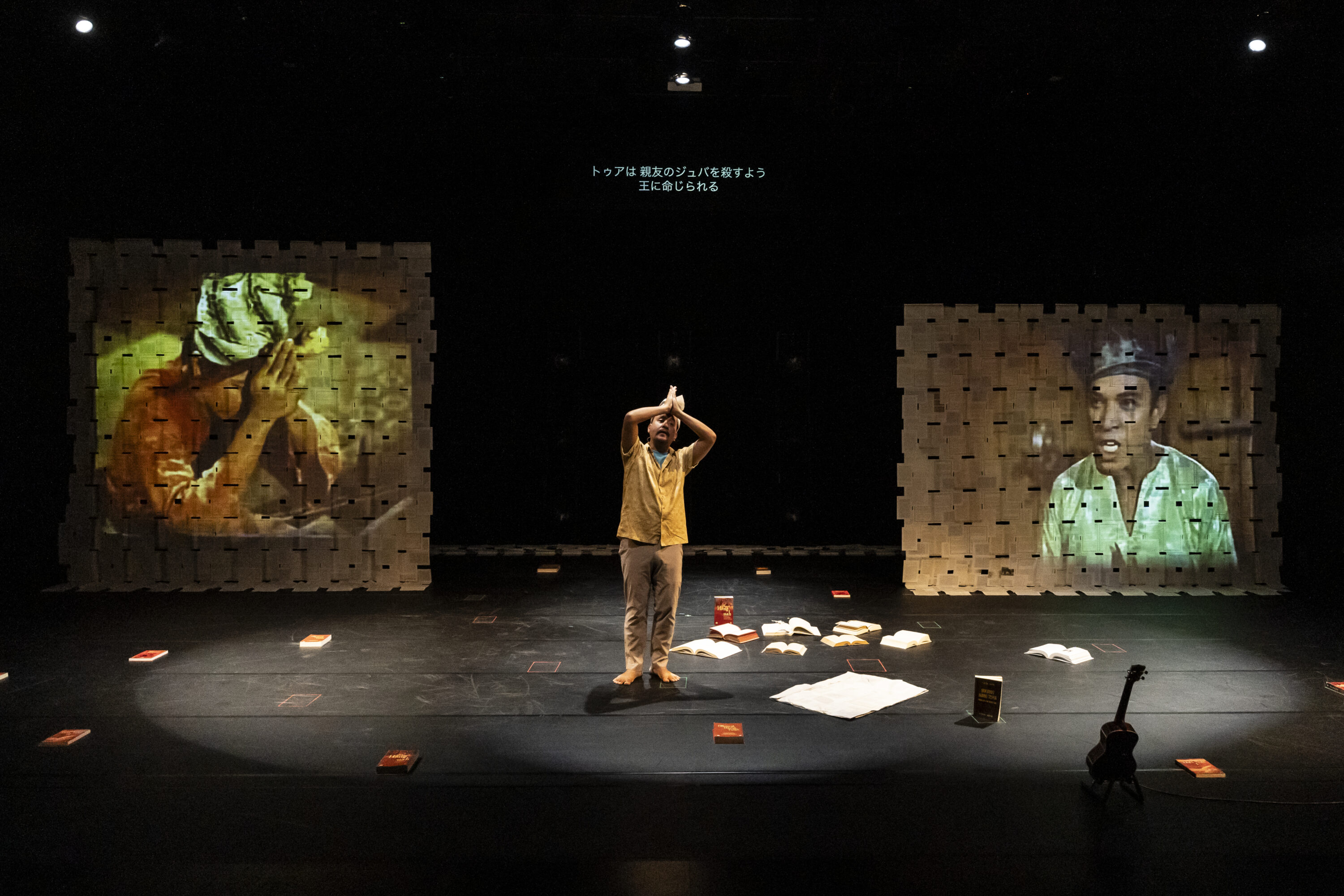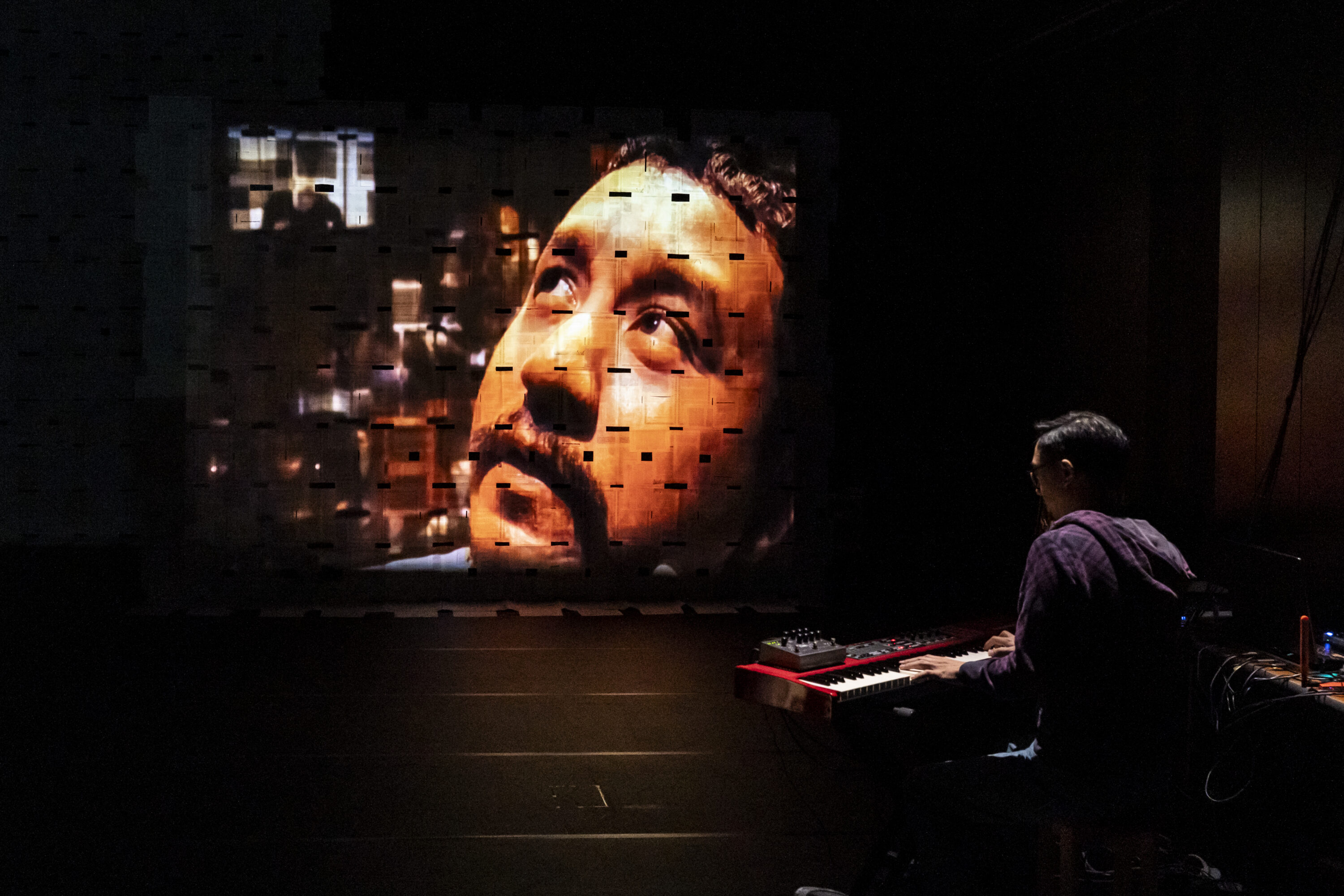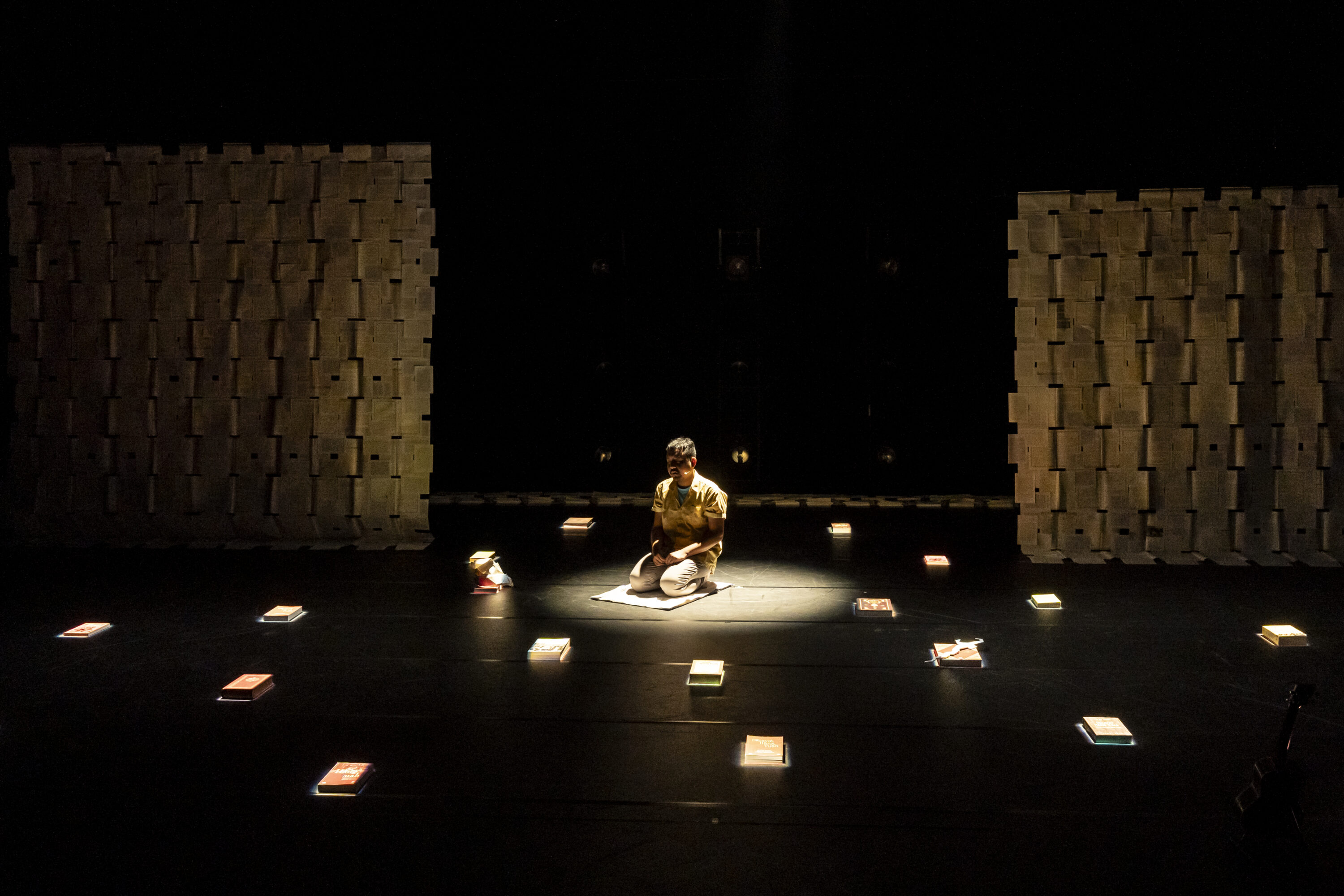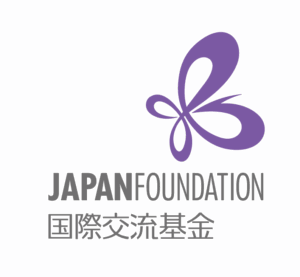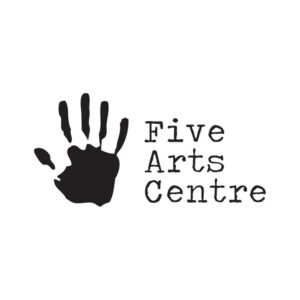Mark Teh / Five Arts Centre
Fragments of Tuah
- Date
10.4 (Sat) 18:30
10.5 (Sun) 13:00 ★♡
10.5 (Sun) 17:30 ◆
- Venue
- ROHM Theatre KyotoNorth Hall
- Duration
75 min90 min
☞ The duration has been changed.
- Tickets
Adult: ¥3,500
Youth*, Students: ¥3,000
High School Students & Younger: ¥1,000
Pair: ¥6,500
*25 and under
- Language
English and Malay with Japanese and
English surtitles
Romanticism, myths, nationalism—
exploring the image-making of Malaysia’s legendary warrior
One of the leading directors, curators, and researchers of Malaysia today, Mark Teh presents a work in Kyoto for the first time since 2016’s Baling, a theater piece that depicts the hidden history of the postwar Malayan period. His latest work centers on the multilayered entity of Hang Tuah, a legendary warrior whose name is known by anyone who grew up in Malaysia.
The warrior Tuah is said to have made a name for himself during the golden age of the Malacca Sultanate in the 15th century. Known for his loyalty and bravery, he has become a symbol of Malay nationalism today. With streets, stadiums, and coffee brands bearing his name, he has morphed into a national icon, depicted in numerous films and books.
Following Tuah’s traces across various locations, Mark Teh and his team of performers/designers/researchers explores how the warrior’s image has mutated throughout history, and in what ways it has at times been used in myth-making for the nation state. His examination led him to Bali, London, and even Okinawa, and the result is an expansive documentary performance through time that deftly combines multimedia storytelling and songs. Did Tuah actually exist, or is he a fabricated figure? Is he a hero or an embodiment of ideology? How do you become a historical hero? We invite you to come to your own conclusions.
Mark Teh / Five Arts Centre Fragments of Tuah
Artist Profiles
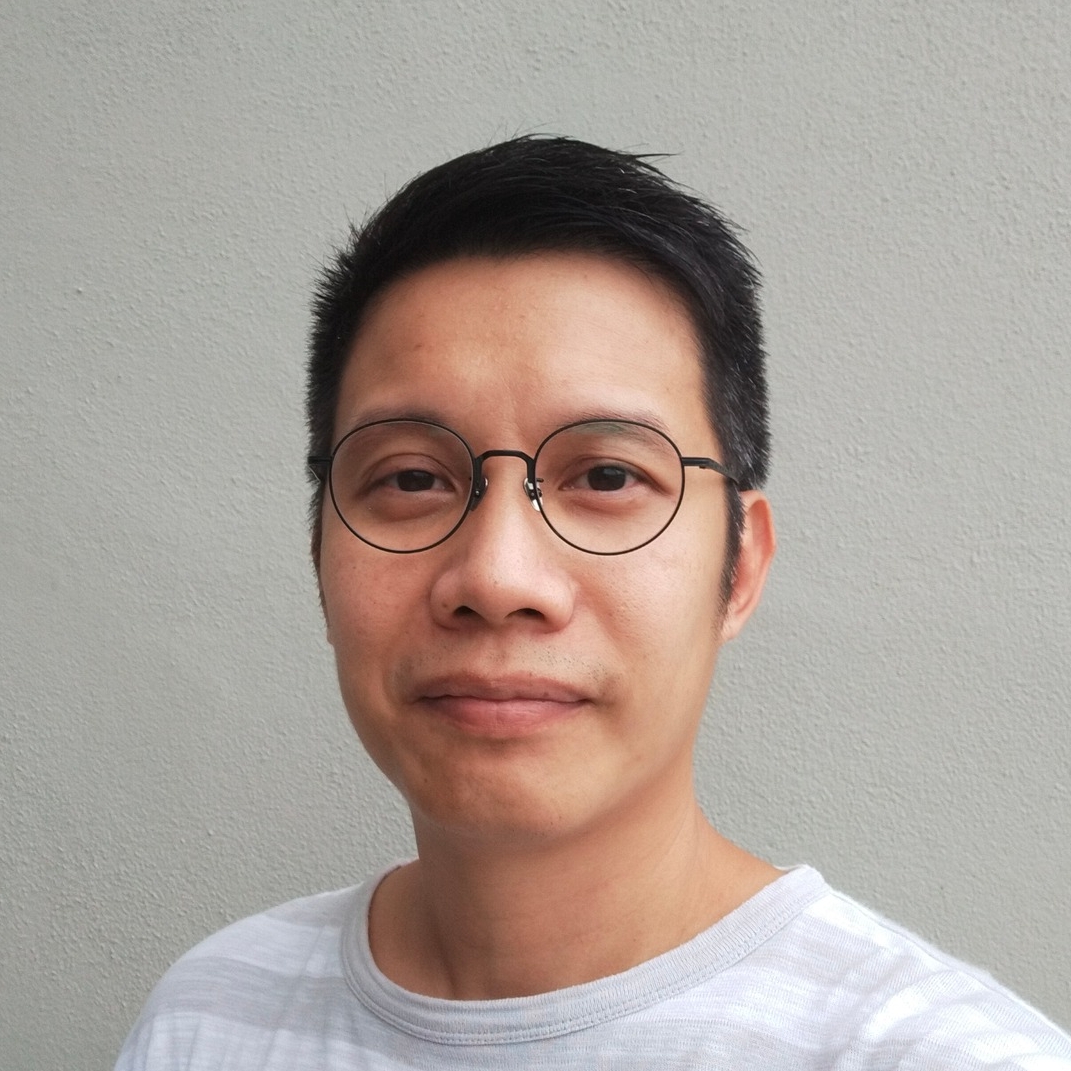
Mark Teh
Kuala Lumpur, Malaysia
Mark Teh is a performance maker, researcher, and curator based in Kuala Lumpur, Malaysia. His diverse, collaborative projects take on documentary, speculative and generative forms, and address the entanglements of history, memory, counter-cartography, and the political. His practice is situated primarily in performance, but also operates via exhibitions, education, social interventions, writing and curating. He graduated with an MA in Art and Politics from Goldsmiths, University of London.
Mark’s projects have been presented at ILHAM Gallery KL, OzAsia Festival Adelaide, SPIELART Festival Munich, Seoul Performing Arts Festival, Bangkok International Performing Arts Meeting, YPAM – Yokohama International Performing Arts Meeting, Kunstenfestivaldesarts Brussels, MAIIAM Contemporary Art Museum Chiang Mai, Salihara Jakarta, Tokyo Metropolitan Theatre, Yamaguchi Center for Arts and Media, Fast Forward Festival Athens, MMCA Seoul, Haus de Kulturen der Welt Berlin, and the Kuala Lumpur Performing Arts Centre, amongst others. In 2024, Mark was a recipient of the Prince Claus-British Council Fellows Award for Moving Narratives, and is a co-curator in in-tangible institute’s Pollination platform.
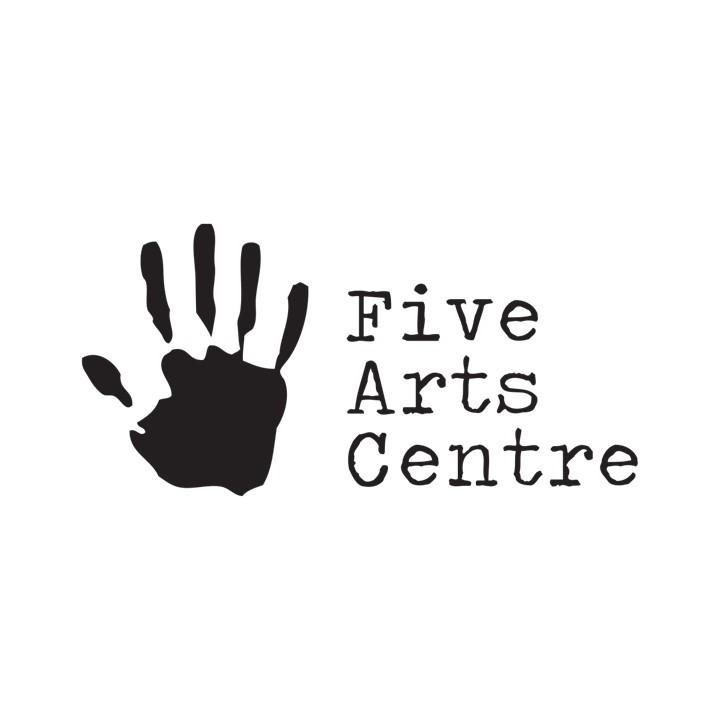
Five Arts Centre
Kuala Lumpur, Malaysia
Five Arts Centre is a dynamic collective of Malaysian artists, activists, and producers, dedicated to generating alternative art forms and images in the contemporary arts landscape.
Since it was formed in 1984 by theatre directors Chin San Sooi and Krishen Jit, dancer-choreographer Marion D’Cruz, writer K.S. Maniam and visual artist Redza Piyadasa, Five Arts Centre has been committed to articulating the complexity of Malaysian culture and identity through explorations and fusions of local vocabularies, forms, and traditions – in relation to the global, modern, and cross-cultural. As such, it has been instrumental in the growth of a Malaysian identity in the arts that draws from multiple influences and hybrid histories.
For over four decades, Five Arts Centre has been at the forefront of creating experimental, interdisciplinary, and intercultural work, providing platforms for the next generation of arts practitioners. Contemporary social, political, and cultural issues impinging on Malaysian life are precipitated by way of performances, exhibitions, creative seminars, research workshops and arts advocacy.
Today, the collective consists of 13 individuals from diverse disciplines and generations. They are Anne James, Faiq Syazwan Kuhiri, Ivy N. Josiah, Janet Pillai, June Tan, Kubhaer T. Jethwani, Lee Ren Xin, Mac Chan, Marion D’Cruz, Mark Teh, Ravi Navaratnam, Suhaila Merican, and Syamsul Azhar.
Credits
Performers / Musicians: Faiq Syazwan Kuhiri, OJ Law, Shariman Shuhaime
Director: Mark Teh
Production Designer: Wong Tay Sy
Lighting Designer: Syamsul Azhar
Multimedia Designers: Syamsul Azhar, Bryan Chang
Stage Manager: Armanzaki Amirolzakri
Producer: June Tan
Assistant Producer / Production Manager: Hoe Hui Ting
Executive Producer: Five Arts Centre
Japanese Surtitles: hanare x Social Kitchen Translation, Art Translators Collective (Kanoko Tamura and Yuki Harukawa)
Supported by Japan Foundation for Regional Art Activities [Thinking about the body, history and identity through the performing arts]
Organized by Kyoto Experiment, The Japan Foundation
Kyoto Experiment × The Japan Foundation “Sequence”
